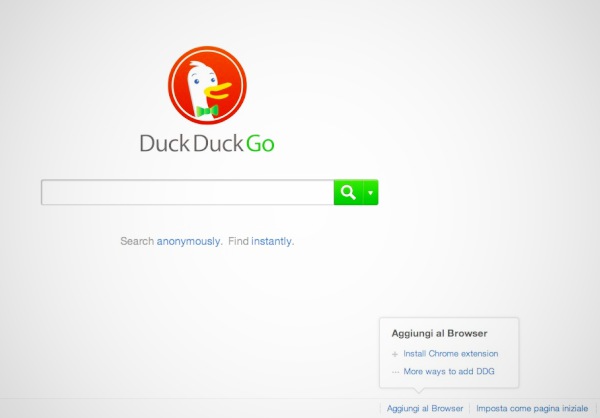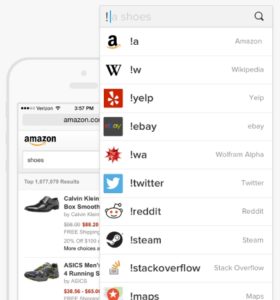

It’s why Brave Software, one of the most intriguing arrivals to the hilariously one-sided search engine wars, might stand a puncher’s chance at snagging a slice of Google’s market share.īrave, a San Francisco–based outfit cofounded by former Mozilla leader Brendan Eich and software developer Brian Bondy, promotes its search engine as the privacy-focused alternative to Big Tech giants like Google and Microsoft’s Bing. But there’s no denying that Google’s cash cow search engine continues to evolve in ways destined to draw complaints-and competition.

The objective merits of this subjective sentiment are up for debate, as Warzel’s article details. While we remain hooked on Google Search, we want it to feel less like an infomercial.

This can lead to potential loss of revenue for small businesses.As The Atlantic’s Charlie Warzel wrote earlier this week, some Google Search users (myself included) feel the ubiquitous tool has been overtaken by annoying ads and SEO gobbledygook. The problem is that Google determines what categories are sensitive by recording user interaction and habits in the first place.īrave also notes that FLoC is harmful to sites and publishers because it will group their niche audience in a cohort and then display that information to unrelated sites on the web. It also says that Google is promoting a false notion of privacy by noting that categories such as politics, medical issues and other sensitive topics will be exempt from FLoC. It calls the move self-serving and misleading.īrave is also opposed to Google's concept that privacy is "only the absence of cross-site tracking" whereas it should be that no personal data should be exchanged in the first place. The company says that Google only compares Chrome to the status quo and does not mention browsers that do not send cookies or data to any sites at all. Brave also blames Google for misleading customers into thinking Chrome is privacy improving rather than impeding. This is due to three main reasons, FLoC tells advertisers and sites about your browsing history and surfing behaviour, information that the sites normally would not have access to. This announcement came via a blog post and follows closely with internet search engine DuckDuckGo's announcement that it too will opt out of Google's new user tracking system.īrave urges users to "run away from Chrome," and says that FLoC, "materially harms user privacy, under the guise of being privacy-friendly." The company has already disabled FLoC in its nightly builds for PC and Android with plans to release a stable version with the changes. Brave browser - the open source web navigator - has opposed Google's FLoC and has vowed not to implement the feature in its browser.


 0 kommentar(er)
0 kommentar(er)
